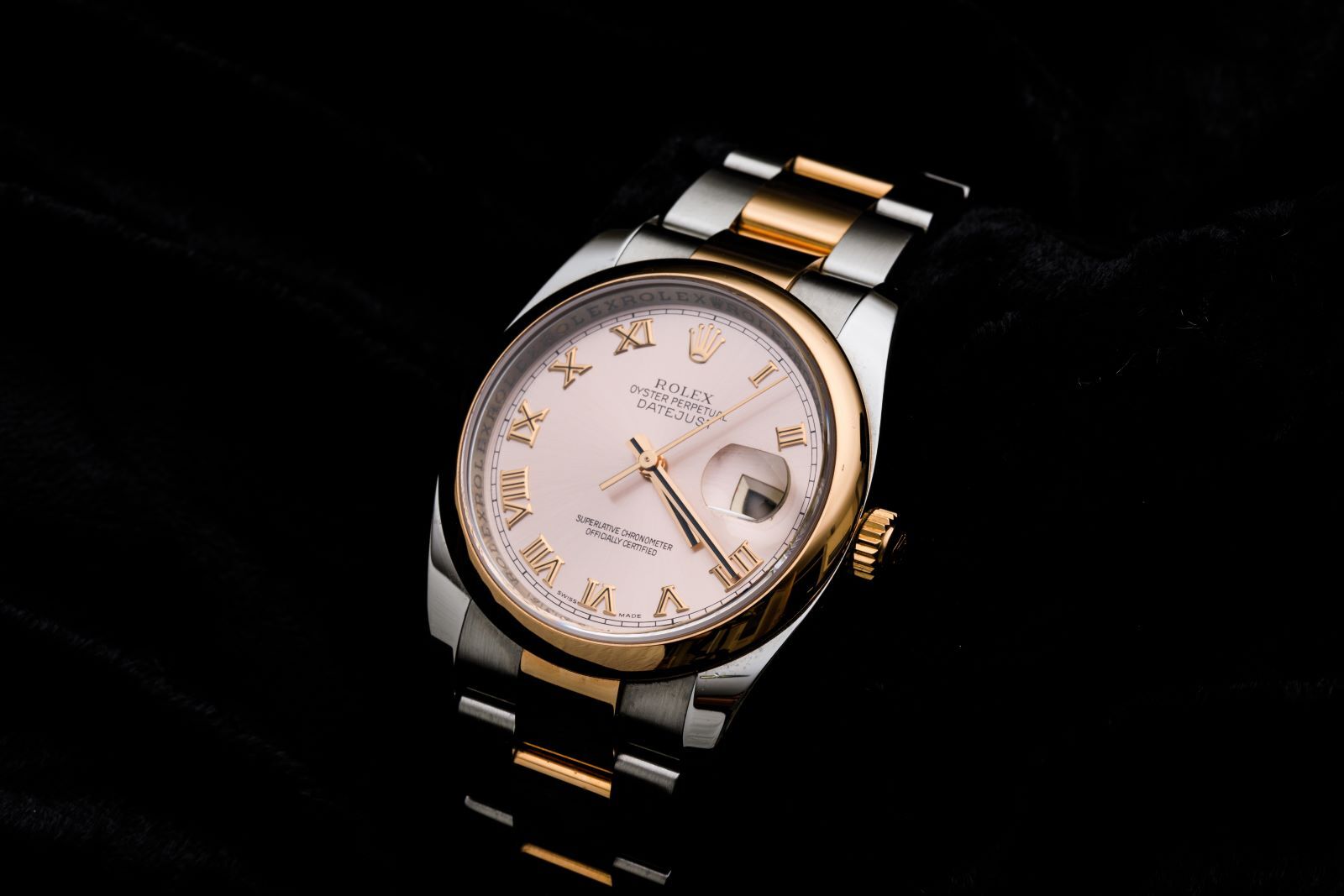How to Choose a Financial Advisor in Dubai
Published: 18 July 2025
Dubai has become an important financial centre, managing billions in international wealth and connecting European markets with Asian growth. For the families and investors who've made Dubai their base, this creates both opportunity and complexity.
Money here crosses borders, time zones, and regulatory systems in ways that complicate financial planning. School fees might be paid in dirhams while retirement funds sit in pounds, property investments involve multiple currencies, and tax obligations change with residency status. Finding an advisor who understands these realities makes all the difference.

Why It Matters More in Dubai
The market is crowded with advisors of varying experience and credentials, making the decision feel more like guesswork than strategy. That's why credibility and clarity are so important in Dubai's market.
What to Look For
Financial advisors aren't all the same. The title isn't regulated in the UAE the same way it is in the UK or US, which makes checking carefully essential. A few things separate the credible from the questionable.
Independent licensing should be your first check. Are they licensed by the UAE Securities and Commodities Authority (SCA) or the Dubai Financial Services Authority (DFSA)? These are the main regulators in the region. Anyone operating without either is selling advice, not offering it.
Clear fees matter just as much. Avoid unclear fee structures or products with high embedded fees. The best advisors will tell you exactly what they charge — whether that's a flat fee, a percentage of assets, or an hourly rate — and why it makes sense for your situation.
Qualifications should travel as well as your money does. Look for advisors with globally recognised credentials like CFP (Certified Financial Planner), CFA (Chartered Financial Analyst), or equivalent. If they're going to manage cross-border portfolios, their knowledge should cross borders too.
But credentials alone don't make a good advisor. Personal fit matters too. A good advisor will listen more than they speak, ask the right questions, and shape their advice around your lifestyle.
Where to Start
You'll find financial advisory firms across Dubai — from towers in DIFC to offices in Jumeirah — but presence alone isn't proof of quality. Word-of-mouth referrals can be useful, but even then, treat the process like hiring for a key role: check credentials, ask for references, and don't be afraid to interview more than one.
Some firms worth considering include Abacus Financial Consultants, known for flat-fee, no-commission advice with a strong expat client base, AES International, DFSA-regulated, focusing on simple investment strategies, and Holicity, a smaller advisory firm specialising in international wealth planning for wealthy families.
What to Avoid
Some warning signs are obvious, others less so. Be wary of advisors who push specific products without understanding your situation first, or who promise returns that sound too good to be true. If they're evasive about how they get paid, that's a problem. Pressure tactics are another red flag – good advisors give you time to think, they don't rush you into decisions.
Be cautious with advisors who seem more interested in selling than listening. If they're pitching complex products you don't understand, or can't explain their strategy in simple terms, walk away. The best advisors make complicated things sound simple.
Questions to Ask
Come prepared with specific questions. Start with the basics: "How exactly do you get paid?" and "What does that mean for me?" Ask about their investment approach and why they think it suits your situation. "How often will we meet?" and "What reports will I receive?" are practical questions that reveal a lot about how they work.
Don't hesitate to ask for references from clients in similar situations to yours. A confident advisor will provide them. Also ask: "What happens if I'm not happy with the service?" Their answer will tell you a lot about their confidence and professionalism.
What a Good Advisor Actually Does
A strong advisor does more than pick investments. They help plan for school fees across borders, build long-term portfolios for retirement or pass wealth to the next generation, navigate offshore structures, wills, or trusts, and adjust holdings during market changes or UAE-specific tax shifts. They coordinate with legal and tax professionals in multiple countries when needed.
Managing the Ongoing Relationship
A good advisor relationship should feel collaborative, not transactional. Expect regular check-ins – quarterly or twice-yearly meetings are normal, with additional contact during major market changes or life events. You should receive clear, understandable reports that show what you own, how it's performing, and why.
Your circumstances will change – new job, family changes, different goals – and your advisor should adapt accordingly. If they're not proactive about adjusting your plan, it might be time to find someone who is.
The Dubai Advantage
For expats, Dubai's tax-free environment offers genuine opportunities to build wealth faster than most other locations. The absence of income tax on salaries and investments means more money stays in your pocket – but only if you plan accordingly.
Many people arrive in Dubai with financial goals but no clear strategy to achieve them. A good advisor helps you take advantage of what Dubai offers while preparing for what comes next, whether that's children's education, retirement planning, or your eventual next move. The tax benefits are real, but they work best when they're part of a broader plan.
Clarity Over Complexity
In a city where wealth often moves fast, it's tempting to chase returns or delegate too much. But the best relationships – financial or otherwise – are built on transparency and time. The right advisor will give you clarity, not confusion. And over the long run, that's worth far more than any big return.



